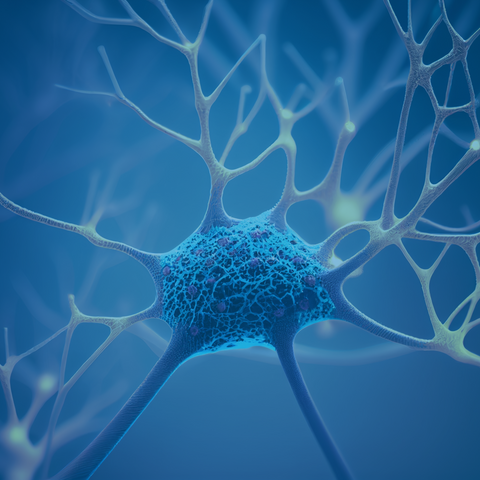Learning & education: Dendrites

Dendrites are the branching extensions of a neuron that receive signals from other neurons and transmit them to the cell body [4,5]. Dendrites derive their name from the Greek word for “tree,” as they are branching extensions of nerve cells that transmit electrical and chemical signals from other neurons to the neuron's cell body [5].
